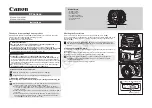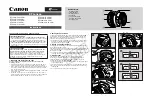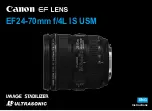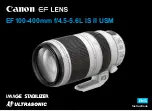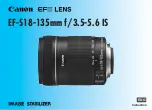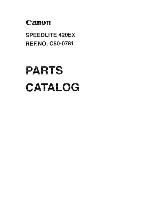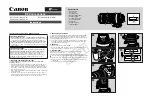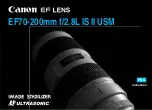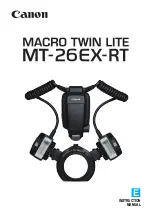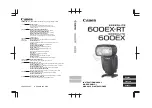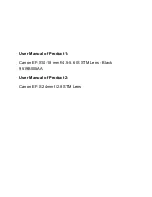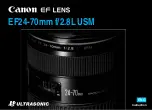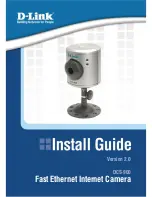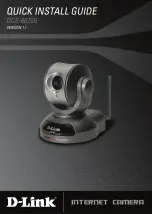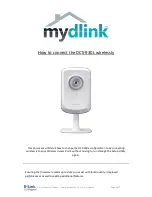
157
Recording and Viewing Movies
D
Recording Movies
Flicker, banding, or distortion may be visible in the monitor and in the
final movie under fluorescent, mercury vapor, or sodium lamps or if the
camera is panned horizontally or an object moves at high speed
through frame (flicker and banding can be reduced using
Flicker
reduction
;
0
241). Bright light sources may leave after-images when
the camera is panned. Jagged edges, color fringing, moiré, and bright
spots may also appear. Bright bands may appear in some areas of the
frame if the subject is briefly illuminated by a flash or other bright,
momentary light source. When recording movies, avoid pointing the
camera at the sun or other strong light sources. Failure to observe this
precaution could result in damage to the camera’s internal circuitry.
The camera can record both video and sound; do not cover the
microphone during recording. Note that the built-in microphone may
record lens noise during autofocus and vibration reduction.
Flash lighting can not be used during movie recording.
Live view may end automatically to prevent damage to the camera’s
internal circuits; exit live view when the camera is not in use. Note that
the temperature of the camera’s internal circuits may rise and noise
(bright spots, randomly-spaced bright pixels, or fog) may be displayed
in the following instances (the camera may also become noticeably
warm, but this does not indicate a malfunction):
•
The ambient temperature is high
•
The camera has been used for extended periods in live view or to
record movies
•
The camera has been used in continuous release mode for extended
periods
If live view does not start when you attempt to start live view or movie
recording, wait for the internal circuits to cool and then try again.
Matrix metering is used regardless of the metering method selected.
Shutter speed and ISO sensitivity are adjusted automatically unless
On
is selected for
Manual movie settings
(
0
159) and the camera is in
mode
M
.































